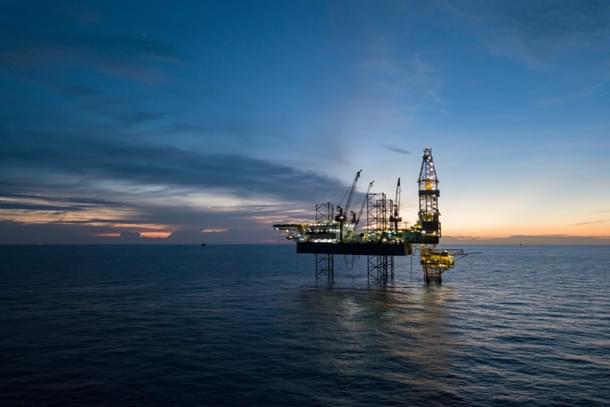Infrastructure
Centre To Revise Royalty Rates For Key Offshore Minerals Ahead Of Historic Auction
Swarajya Staff
Aug 07, 2024, 12:35 PM | Updated 12:35 PM IST
Save & read from anywhere!
Bookmark stories for easy access on any device or the Swarajya app.


For the first time, India is set to propose revised royalty rates for three key offshore minerals — construction sand, lime-mud and polymetallic nodules — ahead of the upcoming auctions.
According to a Union cabinet note reviewed by Businessline, the proposed royalty rates are approximately Rs 40 per tonne for construction sand and Rs 50 per tonne for lime mud. For polymetallic nodules and crust, the royalty rates are proposed to be 3 per cent of the average sale price on an ad valorem basis, meaning they will be based on the value of the product.
Typically, offshore mining or deep-sea mining refers to extracting mineral deposits from the ocean below 200 metres — the deep seabed.
Last year, the Centre approved amendments to the Offshore Areas Mineral (Development and Regulation) Act, 2002, allowing commercial mining of mineral resources in offshore areas.
Previously, the private sector was not permitted to mine mineral resources in offshore areas, which include territorial waters, continental shelves, exclusive economic zones, and other maritime zones of India under the Territorial Waters, Continental Shelf, Exclusive Economic Zone (EEZ) and Other Maritime Zones Act.
The Ministry of Mines has identified approximately 13 blocks across the three offshore minerals and plans to conduct the auctions at the earliest opportunity.
Presenting the Union Budget for 2024-25 on 23 July, Finance Minister Nirmala Sitharaman had announced that the government will launch the auction of the first tranche of offshore blocks for mining, building on the exploration already carried out.
“There are no financial implications.... in terms of any recurring or non-recurring expenditure,” the note reads, adding that: “Rationalisation of royalty would enable auction of offshore mineral blocks for the first time in the country.”
Indigenous production of these minerals — some of which are of strategic importance — “will ensure raw material availability”. “It will enable import substitution thereby promoting the goal of Atmanirbhar Bharat, "it added.





